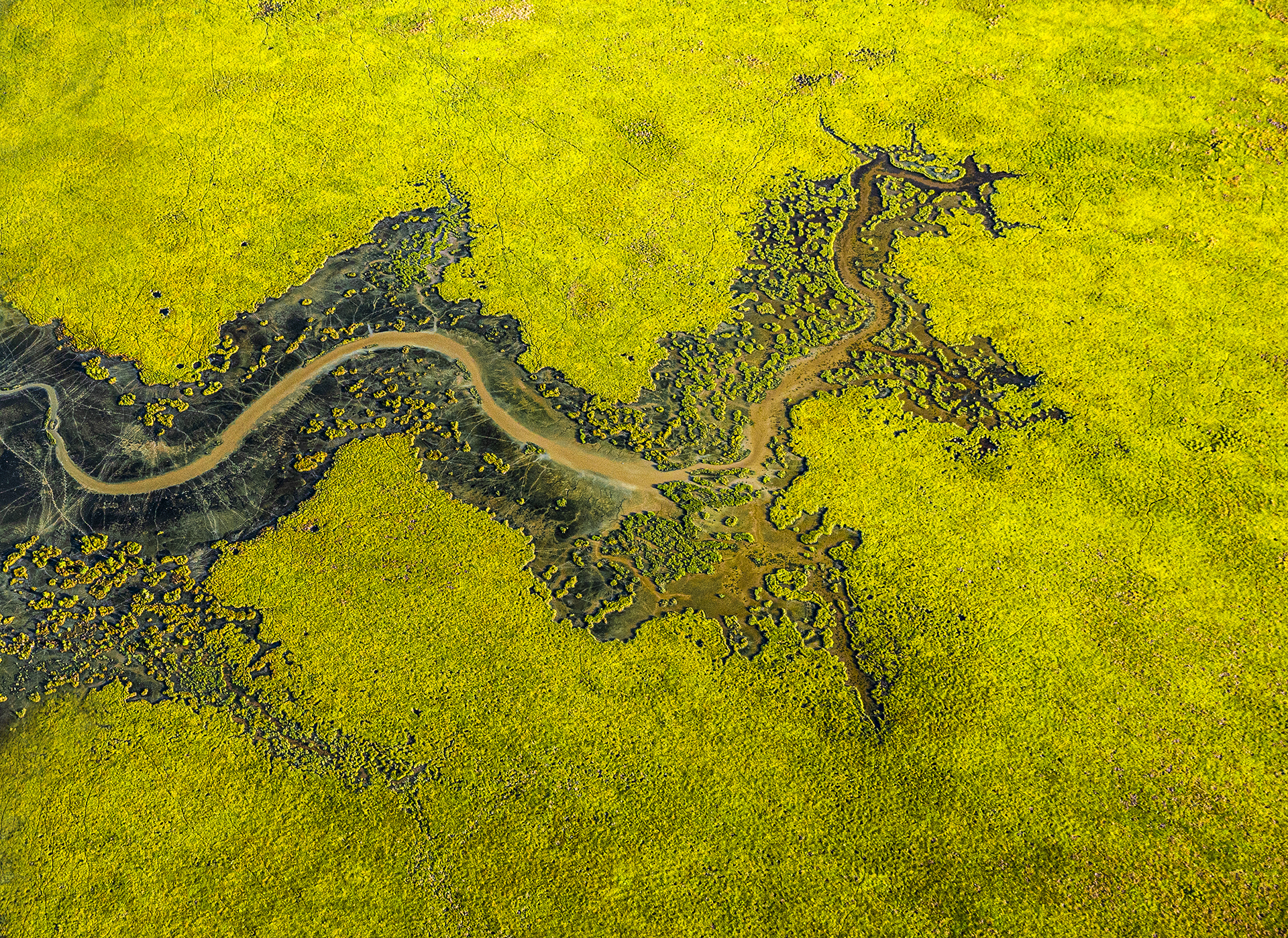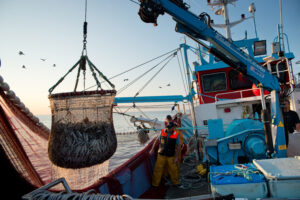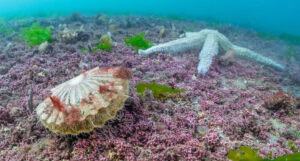COP30: Nations boost ocean ambition but skip key emissions cuts
A new analysis released today at the COP30 climate summit shows that while ocean issues are rising on the global climate agenda, most countries are overlooking the ocean-based tools available to slash emissions and strengthen climate resilience.
A new analysis released today at the COP30 climate summit in Belém, Brazil shows that while ocean issues are finally rising on the global climate agenda, most countries are still overlooking the most potent ocean-based tools available to slash emissions and strengthen climate resilience.
The report – led by the World Resources Institute (WRI), Ocean Conservancy, and the Ocean & Climate Platform – finds that 61 of 66 recently submitted Nationally Determined Contributions (NDCs) from coastal and island nations now include at least one ocean-related measure.
It represents a striking rise in ocean engagement: from 62% of NDCs in 2015, to 73% in 2022, to 92% of submissions so far for the 2025 cycle.
But beneath that promising headline lies the stark reality that the most transformative ocean actions account for just 12% of all measures. Critical steps such as phasing out offshore oil and gas, scaling sustainable seafood, expanding offshore renewables, and decarbonising global shipping remain the exception rather than the rule.
Research highlighted by the Ocean Panel underscores why that gap matters. Ocean-based climate solutions could deliver up to 35% of the global emissions cuts needed to keep warming below 1.5°C by 2050. The report warns that failing to harness that potential would squander one of the planet’s most effective climate allies.
“With the window to cut emissions rapidly closing, coastal and island countries yet to submit their NDCs must recognise the ocean as a powerful, underused ally,” said Tom Pickerell, Global Director of WRI’s Ocean Program. “Despite growing momentum, ocean-based climate solutions remain underfunded and overlooked. What’s needed at this COP is bold recognition of the ocean’s potential – and action to deploy proven solutions at scale.”

The report spotlights several countries already weaving ocean action into broader climate and development strategies.
The Republic of the Marshall Islands, for example, plans to cut domestic shipping emissions 40% by 2030, pilot Ocean Thermal Energy Conversion technology, strengthen fisheries governance, and expanding marine protection. In fact, nearly 48,000 km² of its waters are now safeguarded.
Meanwhile, Brazil – the host of COP30 – aims to deploy 16 GW of offshore wind by 2050, supported by a new regulatory framework that promises job creation, energy independence, and a cleaner power mix.
Economic analyses from the Ocean Panel further bolster the case for blue investment. It calculates that every $1 spent on ocean solutions could generate at least $5 in global benefits by 2050.
By stark contrast, maintaining today’s harmful ocean practices could cost the world more than $8 trillion over the same period.
“There’s a huge gap between the promise of ocean-climate solutions and the pace at which we are adopting them,” said Anna-Maria Laura, Senior Director of Climate Policy at Ocean Conservancy. “The gap isn’t in science or technology – it’s in funding and implementation.”

As seas rise and coastlines erode, the stakes are intensifying for the 680 million people currently living in low-lying coastal areas, a number projected to soar beyond 1 billion by 2050. The new NDCs show a surge in adaptation-focused ocean action, especially across Sub-Saharan Africa, Latin America and the Caribbean, and Oceania.
Yet implementation remains inconsistent and under-resourced. The report flags sluggish progress on technology transfer and capacity-building, and highlights a glaring equity gap: only 13% of ocean actions explicitly address the needs of women, youth, Indigenous Peoples, and coastal communities – despite their disproportionate exposure to climate impacts.
To accelerate progress, six new countries – Belgium, Cambodia, Canada, Indonesia, Portugal and Singapore – have now joined the Blue NDC Challenge at COP30. Launched by France and Brazil earlier this year and coordinated by WRI, the Ocean & Climate Platform and Ocean Conservancy, the initiative aims to support nations in strengthening and implementing their ocean-related NDC commitments through shared expertise, political leadership, and investment mobilisation.
“Meeting global climate goals won’t happen in isolation,” said Melanie Robinson, Global Climate, Economics and Finance Program Director at WRI. “Initiatives like the Blue NDC Challenge show how collaboration can transform promises into action – shielding coastal communities, creating green jobs, and charting a more resilient future.”
“As countries move from promises to action, this round of climate plans must serve as clear roadmaps,” added Loreley Picourt, Executive Director of the Ocean & Climate Platform. “By directing investment, building capacity, and scaling solutions, we can secure a resilient ocean – but if we fail, we risk undermining the foundation of life on our planet.”


"*" indicates required fields
Printed editions
Current issue
Back issues

Back Issues
Issue 43 Sir David Attenborough’s ‘Ocean’

Back Issues
Issue 41 Holdfast to the canopy
Enjoy so much more from Oceanographic Magazine by becoming a subscriber.
A range of subscription options are available.








